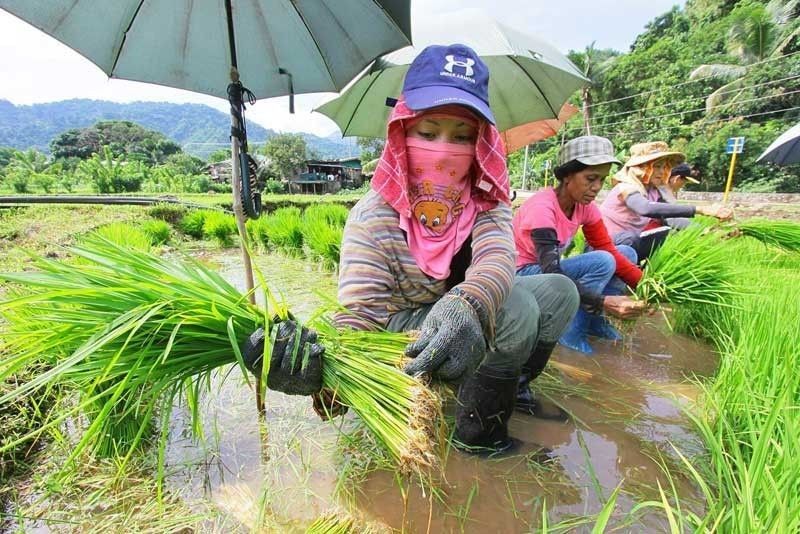Israel offers to help Philippines boost farm productivity
For example, data satellites can now be used to monitor the growth status of crops in farms to provide farmers proper guidance on what to do next to boost their productivity. Andy Zapat Jr. MANILA, Philippines — Israel has offered to help the Department of Agriculture (DA) improve local farmers’ productivity through the adoption of […]


For example, data satellites can now be used to monitor the growth status of crops in farms to provide farmers proper guidance on what to do next to boost their productivity.
Andy Zapat Jr.
MANILA, Philippines — Israel has offered to help the Department of Agriculture (DA) improve local farmers’ productivity through the adoption of modern technologies.
Israel Ambassador to the Philippines Ilan Fluss said Israel is open to partnering with the DA in various aspects of agriculture, from irrigation to the use of smart agriculture.
There are Filipino interns that will fly to Israel to learn various farming practices in Israeli farms, including smart agriculture that uses the latest technology in growing crops, Fluss said.
For example, data satellites can now be used to monitor the growth status of crops in farms to provide farmers proper guidance on what to do next to boost their productivity.
“The idea is changing the mindset in order to help the agriculture sector (address)the challenges of productivity,” Fluss said in a recent roundtable discussion with reporters.
Solar-powered irrigation systems remain one of the key sectors that Israel is interested in, Fluss said.
Israeli-based firm LR Group is one of the first partners of the DA in constructing a solar-powered irrigation system in the country.
“This is on the table and we are here to assist. And today, it depends on the department (of agriculture) to decide what is the best proposal for them,” he said.
In February, the DA said it aims to spend at least P5 billion annually to construct solar-powered irrigation systems (SPIS) nationwide to boost rice productivity and mitigate the adverse impacts of El Niño.
President Marcos said the national government plans to irrigate 180,000 hectares of rice land through SPIS, which would translate to an additional production of 1.2 million metric tons of palay.
Last month, Fluss together with Agriculture Secretary Francisco Tiu Laurel Jr. visited a cacao farm in Laguna which is benefitting from technical assistance provided by the Embassy of Israel in the Philippines.
The 13-hectare farm called Filipinas Cacao Heritage Reserve tapped Israeli experts to mentor its hired agriculturists, foresters, engineers and technicians, to boost cacao production.
During the visit, both Filipino and Israeli teams demonstrated various farming activities employed in the cacao farm, from integrated pest management techniques, drip irrigation methods to weather monitoring systems and composting practices.
“I believe that through this partnership between Israel and the Philippines, we are now able to see some changes in Philippine farming not just in cacao but also in other crops,” said farm owner Jacqueline Sy Go, as quoted by the DA.














